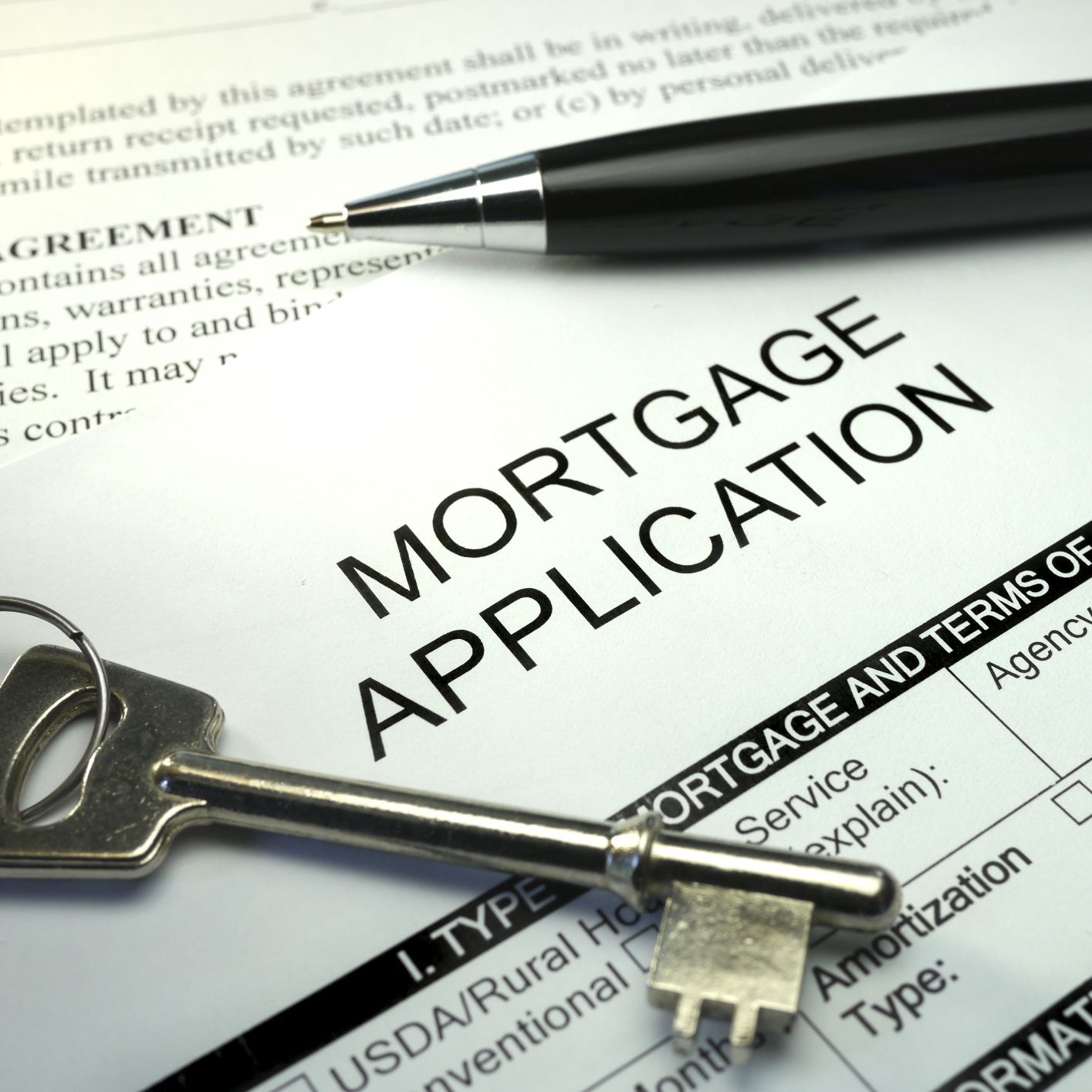Housing
Do Rising Mortgage Rates Mean Buyers Should Wait or Lock?

Published:
Last Updated:

The interest rate on a 30-year conforming fixed-rate mortgage rose to 4.125% last week, its highest level since July 2015. Since the November election, mortgage interest rates have risen roughly 0.5%. On a $250,000 30-year fixed-rate mortgage, that works out to an out-of-pocket cost to a borrower of about $20,000 over the full term of the loan.
An additional consideration for borrowers is that higher interest means a higher monthly payment and that could affect your debt-to-income ratio, resulting in your being able to qualify for a smaller loan than you had planned on.
According to last week’s report from the Mortgage Bankers Association (MBA), mortgage applications fell 9.2% week over week and mortgage rates increased on all types of loans the group tracks. When the MBA reports again on Wednesday, we should expect another drop in applications and another increase in interest rates.
The root cause of the sudden spike in mortgage interest rates, according to Matthew Graham at Mortgage News Daily, is “a massive repricing of longer-term inflation risks.” The main symptom is rising bond yields as investors dump bonds in favor of equities. A hike to the Federal Reserve’s policy rate, which appears more and more likely to come next month, is also contributing to the rise in mortgage rates. Here’s Graham:
Let it be known that the recent surge in rates is more than a mere post-election knee-jerk. Financial markets are fully repricing their expectations of the future, and we can’t even begin to assess how that future might actually pan out until Trump takes office.
For homebuyers the big question is whether to wait for interest rates to dip again or to lock in a loan at the current rate. An executive from a mortgage lender told Mortgage News Daily:
Is it time to abandon the float boat? Is it time to eat the loss? It very well may be. The momentum is overwhelmingly against lower rates for now, and until that changes, rates are poised to continue to rise.
Realtor.com chief economist Jonathan Smoke is a little more hopeful: “We are expecting rates to go up next year. I doubt we will see much additional movement before the end of the year.”
Graham, however, suggests that borrowers “buckle up for a higher mortgage rate environment.” He continues:
Rates won’t necessarily be immune from good days over the next few months, but I certainly wouldn’t expect a quick, triumphant return to the promised land (rates from 2 weeks ago, and below) within the same time frame.
The good news, of course, is that mortgage rates are still much closer to historic lows than historic highs. Rates soared to near 17% in the late 1970s. Those days are unlikely ever to return.
Thank you for reading! Have some feedback for us?
Contact the 24/7 Wall St. editorial team.